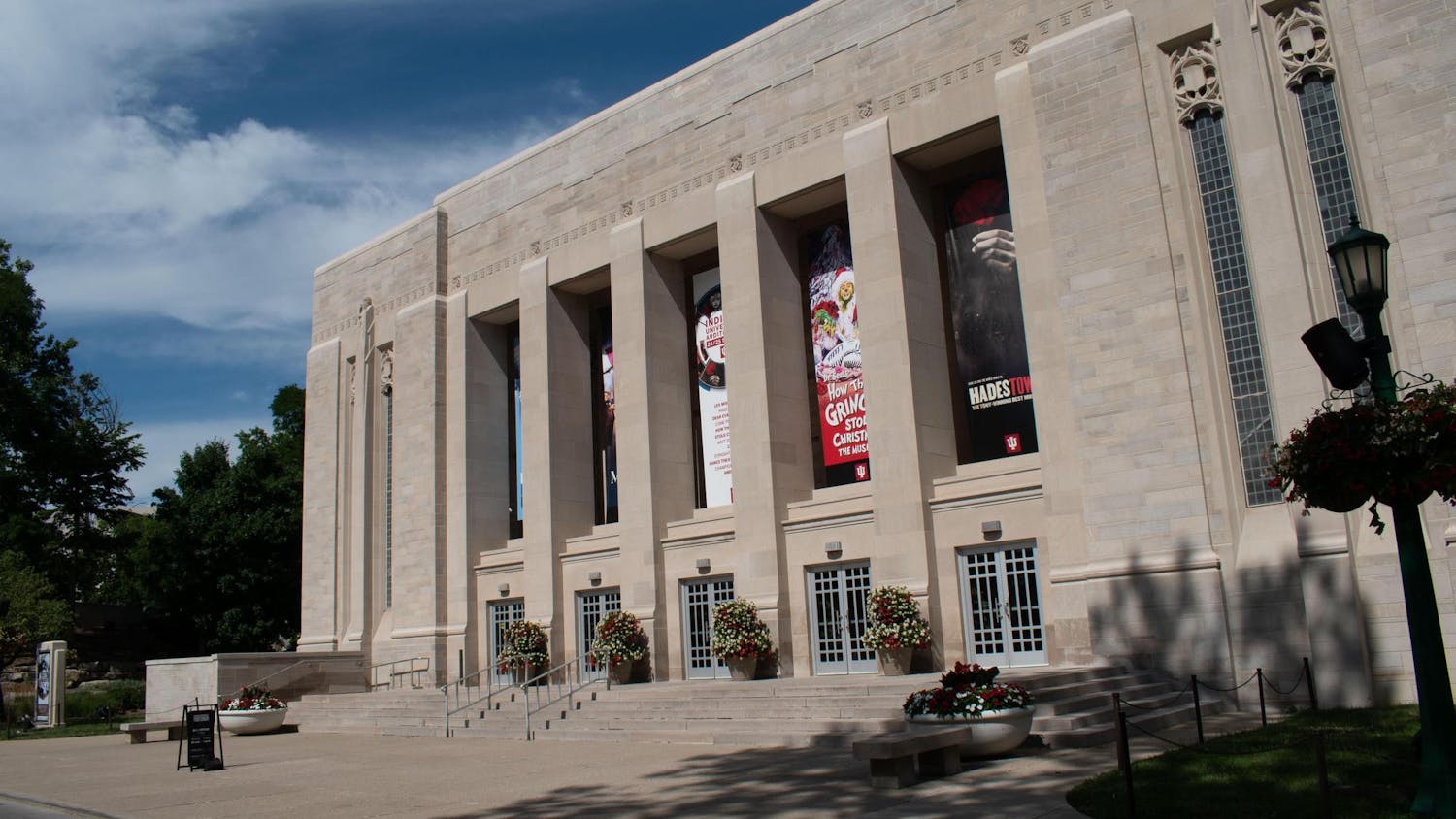NEW YORK -- The threatened war with Iraq has politicized the nation's poets, starting at the very top.\nIn comments rarely heard from a sitting U.S. poet laureate, Billy Collins has publicly declared his opposition to war and says he finds it increasingly difficult to keep politics out of his official job as a literary advocate.\nWhile at least three of Collins' predecessors also have stated their opposition to war, an incumbent laureate usually sticks to art for art's sake. Poets laureate are not political appointees; the selection is made by the Librarian of Congress, a post currently held by James H. Billington. Collins, who receives an annual stipend of $35,000, is serving his second one-year term.\nA spokeswoman for the Library of Congress said Tuesday, "Mr. Collins is free to express his own opinions on any subject."\nCollins, whose books include "Questions About Angels" and "Nine Horses," is a mostly introspective poet who doesn't have a history of political activism. But he defended anti-war poets who last week caused the White House to postpone a symposium sponsored by first lady Laura Bush.\n"If political protest is urgent, I don't think it needs to wait for an appropriate scene and setting and should be as disruptive as it wants to be," Collins said in a recent e-mail to The Associated Press.\n"I have tried to keep the West Wing and the East Wing of the White House as separate as possible because I support what Mrs. Bush has done for the causes of literacy and reading. But as this country is being pushed into a violent confrontation, I find it increasingly difficult to maintain that separation."\nCollins, Nobel laureate Derek Walcott, former U.S. poet laureate Richard Wilbur and about 40 other writers and artists signed an anti-war petition last month.\nIn England, meanwhile, poet laureate Andrew Motion has written an anti-war poem that cites "elections, money, empire, oil" as the motivation for war.\nConcern about a possible war has also changed what had been a relatively positive relationship between Mrs. Bush and the literary community. A former librarian who has made teaching and early childhood development her signature issues, she has held a series of symposiums to salute America's authors.\nShe planned a Feb. 12 forum on "Poetry and the American Voice," featuring the works of Emily Dickinson, Langston Hughes and Walt Whitman. Through her spokeswoman, Noelia Rodriguez, Mrs. Bush said last Wednesday that it would be "inappropriate to turn a literary event into a political forum" and postponed the forum. It has not been rescheduled.
Poet protests US policy against Iraq
Get stories like this in your inbox
Subscribe





